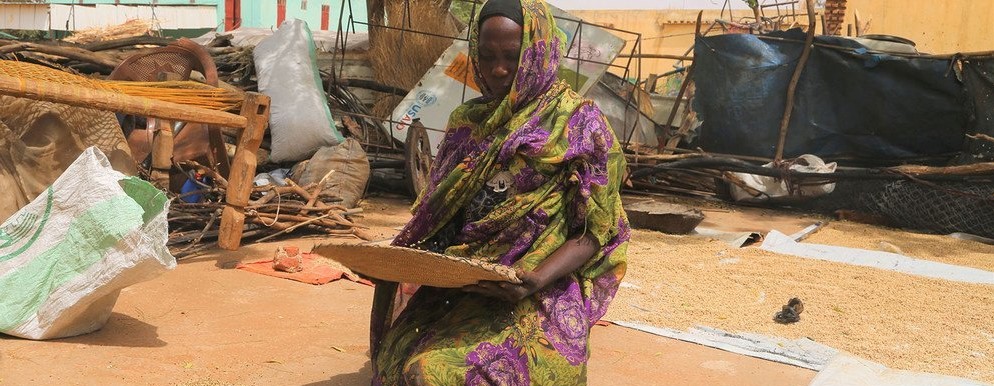The Director of the Sudanese Relief and Humanitarian Operations Agency in Sudan’s West Darfur State, Daw Al-Bait Adam, has disclosed new arrangements for aid operations in the state.
They include revising the technical agreements, registering organizations, and implementing new policies to regulate the humanitarian work in areas controlled by the Rapid Support Forces (RSF).
“We will review all technical agreements and the registration of organizations. We met with the organizations operating in the state and informed them of the new arrangements, which they welcomed. The communication channel with organizations is open, and new ones have requested to enter the state,” Adam said.
He told Radio Tamazuj that the purpose of establishing the Sudanese Relief and Humanitarian Operations Agency was to facilitate and simplify the work of the organizations in the RSF-controlled areas.
It is worth noting that last August, RSF leader Mohammed Hamdan Dagalo abolished the Humanitarian Aid Commission and the Commission of Refugee Affairs in areas under his control, replacing them with the Sudanese Relief and Humanitarian Operations Agency, affiliated with the RSF.
“Previously, the commissions used to impose restrictions on the work of organizations. We came to simplify and facilitate humanitarian work without restrictions,” said Adam.
“We have communication with UN agencies and arranged their visit to Central Darfur State; the delegation consists of all UN agencies. Their goal is to conduct surveys in Central and West Darfur to determine the needs and then intervene,” he disclosed.
Adam confirmed that the activities of the organizations were varied, but had not covered the entire state, working only in the northern and parts of the southern regions. He continued: “We have developed a work plan with the organizations to cover all the localities.”
Regarding the hunger in Serba and Kreinik, the agency director said there was an intervention by the World Food Programme and the Sudanese Red Crescent Society, distributing food and cash assistance, with more supplies on the way.
He also disclosed that a number of families had returned from displacement and engaged in agricultural activities. Five organizations, he went on, had supported the farmers with tools and seeds. The support covered the southern localities, reaching 5,000 families with seeds, agricultural tools, and cash assistance. Al-Geneina was also covered and 5,000 families supported by the Triangle organization.
A high committee was formed to safeguard the agricultural season, chaired by the head of the civil administration in the state, Tijani Al-Tahir Karshoum.
The agency director pointed out that Darfur had been severely affected by the war, and relied entirely on organizations. He clarified that organizations could not cover all the needs, hence the complaints from some residents.
Adam appealed for urgent intervention in all the Darfur states, highlighting the dire need for food and medicine, especially during the rainy season, which is expected to bring about life-threatening epidemics.
He disclosed that the organizations covered less than 1% of the needs and denied any discrimination in the humanitarian services.
He said: “Discrimination in humanitarian work is unacceptable and unethical, and we have directives from the RSF leader not to discriminate among those in need.”
Adam called on the refugees in Chad to return to the state, which has seen stability, and urged the organizations to provide aid to all those in need.




